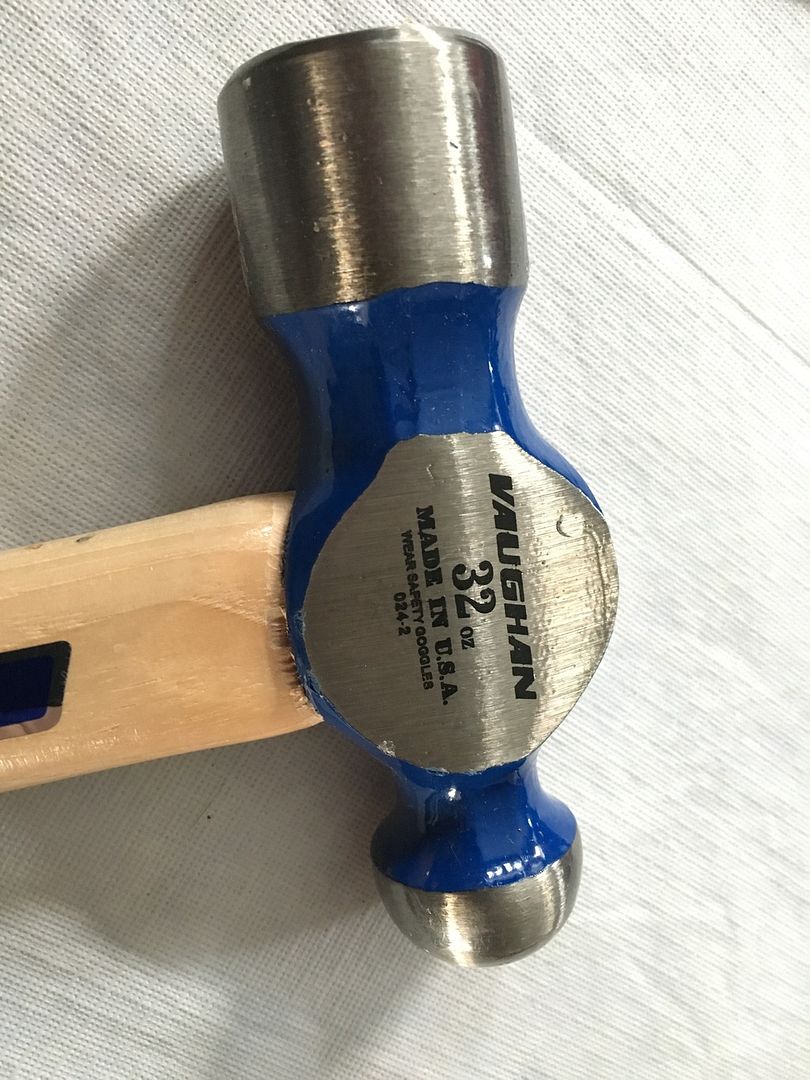Originally Posted By: JHZR2
So, pardon my ignorance...
The all telling Wikipedia states that Lacquer can be fairly generic term, though it seems more pointed in modern speak. Specifically, "In terms of modern products for coating finishes, lac-based finishes are likely to be referred to as shellac, while lacquer often refers to other polymers dissolved in volatile organic compounds (VOCs), such as nitrocellulose, and later acrylic compounds dissolved in lacquer thinner, a mixture of several solvents typically containing butyl acetate and xylene or toluene. Lacquer is more durable than shellac."
So...
Is there a way to know what the polymer type would be, and would one type over top of another be an issue? Not sure if lacquers "cross link".
Thanks.
Try denatured alcohol in a inconspicuous spot , if it softens, its shellac. if it does not, its lacquer or poly.
Next use lacquer thinner, if it softens you know, if not it may be a poly.
For production like tools and hammers speed matters so its usually going to be lacquer.



